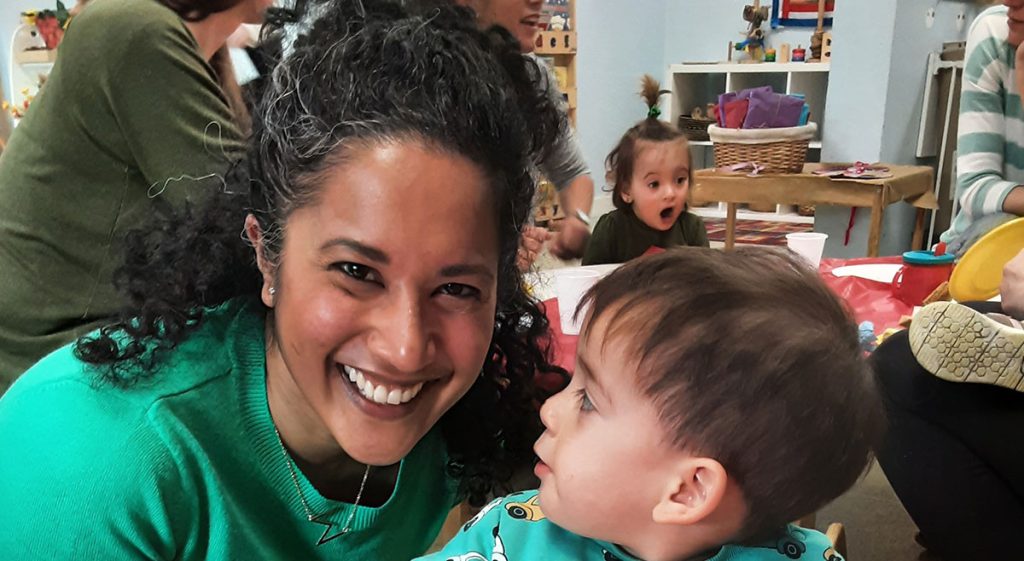Written by Maria Carballido
“If we truly want to achieve equality and harmony among human beings, we must not neglect the time of life when the social, idealistic, and linguistic differences which separate human groups do not yet exist.” (Maria Montessori, The 1946 London Lectures, p. 140).
On March 8th we celebrated International Women’s Day, a day in which celebrate women, give them more visibility, challenge gender stereotypes, and educate future generations about gender equality.
As mentioned in the British Values, we must create an environment of democracy, in which each child is raised with the values of freedom and equality, where everyone is aware of their rights and responsibilities. And that is what we do in Willows and what allows us Teachers to answer questions or concerns that children sometimes have, such as: “but I cannot play with him, he is a boy”, “boys cannot have long hair”, “girls are not strong!” or “boys cannot be princesses!”
To change these perspectives and help our children to acquire more knowledge and improve their understanding, we must teach them through conversations and books the importance that equality has, with role models such as “Pippi Longstocking”, “Olivia the Pig” or Adela’s Turin Collection with titles like “Arthur and Clementine”, “Candy Pink” or “The real story of the bonobos who wore glasses”. In addition to this, we always make clear that our students can have the same learning experiences (of course adapted to their interests and needs), play opportunities (by giving them the choice of what to play with and how), and handling their emotions the same way, with all the love and support they need.
Some of the ideas we work with to promote equality at Willows consist in making the environment a safe place that enables children to develop their interests and get the reassurance they need, to know that anything they want to do is within their reach. By giving them examples of all kinds of jobs, not using statements like “boys can”, “girls can’t”, “pink is for girls”, “blue for boys” or reading nontraditional stories in which the protagonist is an independent and clever girl and not a “damsel in distress”. As well, we love promoting games such as role-play, where children can be anything they can imagine, such as doctors, ballerinas, police officers, cooks, dentists, painters, or carpenters.
Moreover, we also believe that it is important to show children about the equality of opportunities to give the same ones to our practitioners and teachers, by hiring and believing in both women and men. Because we live in a world that should be free of gender stereotypes, and who needs this more is not only us, but our little ones, for who we live for and for who, we hope, the future shines brighter.

Bibliography:
- International Women’s Day: Women in Early Years Settings – The Old Station Nursery.
- British Values | HSDC.
- Maria Montessori (The 1946 London Lectures, p. 140).





